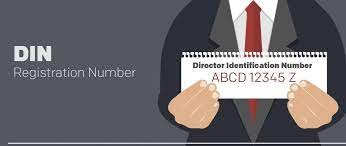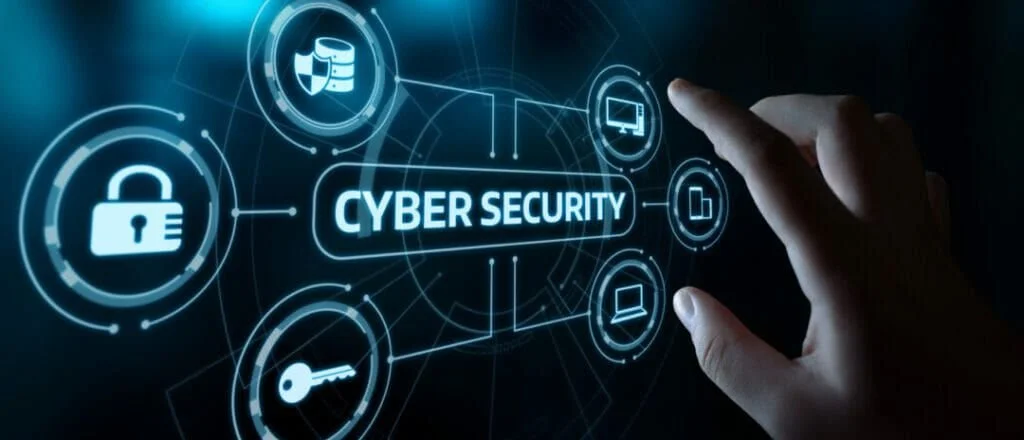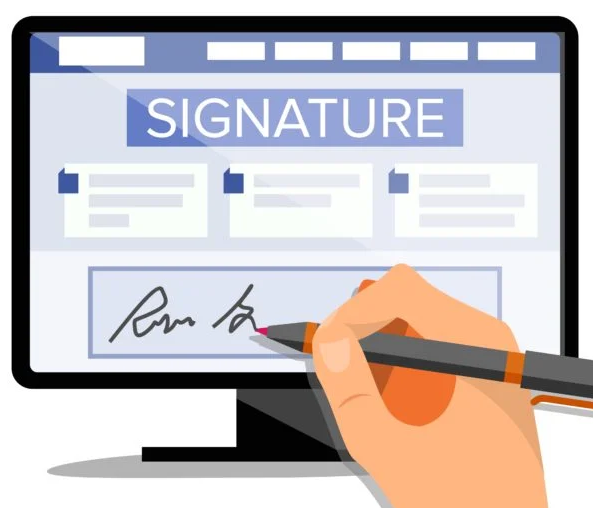What is data?
'Data’ can be broadly defined as any information that has been reduced to characters, words, numbers, images, sound or video. Data can be collected to form 'datasets', a collection or record of data organised according to a common context or criteria.
Data can be categorised according to the nature of the information it contains, for example, health data, personal data, research data, business data and consumer data.
The amount of data created globally is growing at an exponential rate. Data can be a major source of value for businesses in an economic sense, and valuable to individuals on privacy grounds.
Australian Privacy Law
The principal statute regulating the collection, use, storage and disclosure of ‘personal information’ is the Privacy Act 1988 (Cth) and in particular the 13 Australian Privacy Principles (APPs) that form part of that Act. The Privacy Act is administered by the Office of the Australian Information Commissioner and the Australian Privacy Commissioner within that office.
Confidentiality Agreements
Confidentiality Agreements are frequently entered into to protect the disclosure of confidential information during negotiations for the sale of a business, for the purposes of a partnership or joint venture, when engaging an external consultant and in employment contracts.
Whilst the confidential information disclosed in these scenarios may be protected by general law (equity), it is often preferable to require recipients of confidential information to enter into Confidentiality Agreements before receipt so that:
the recipient is prevented from claiming that the disclosed information is not confidential;
the identity and scope of the confidential information, as well as any exceptions to the obligation of confidentiality, are clearly defined; and
contractual rights and obligations, beyond the protections afforded by general law, are created.
Director Identification Number Update
You only have until the end of this month to apply for your director identification number (DIN) if you have not done so. There are tough penalties for directors who do not obtain their DIN by the end of November 2022. Fines could be as much as $1.1 million for failure to have a DIN when required.
Guarantees and indemnities
A contracting party can seek to reduce its possible exposure for loss caused by breach of contract by requiring the other party or a third party to provide contractual promises in the form of guarantees or indemnities.
While they are common contractual clauses, particularly in commercial bargains, guarantees and indemnities are subject to special rules of interpretation and need to be drafted carefully.
Guarantees and indemnities can be used separately or together, and can also be used with other risk allocation clauses such as liquidated damages, exclusion, warranty and insurance clauses.
Warranties and indemnities
One of the principal ways in which a buyer will seek to protect itself in a transaction is by requiring the seller to provide warranties about the business in the business purchase agreement. If it later transpires that the warranty was inaccurate and this causes the buyer loss, the buyer may have remedies against the seller.
The buyer can also seek to include a requirement that the seller indemnify it against any losses the buyer sustains as a result of a breach by the seller of a warranty or other provision of the agreement.
Electronic Conveyancing in Queensland
eConveyancing is the use of a web-based platform to conduct property settlement transactions. The eConveyancing platform facilitates the preparation, execution and lodgment of land title documents electronically and allows financial settlements to occur digitally through the electronic transfer of funds. There are currently two approved Electronic Lodgement Network Operators (ELNOs) in the market: PEXA and Sympli.
SAFTs and digital token offerings
The idea for the SAFT is derived from the ‘Simple Agreement for Future Equity’, or SAFE. The SAFE has been widely used for financing purposes among early-stage companies, and acts as an investment instrument alternative to convertible debt. Although SAFE templates can differ, the overall goal was to create a set of basic funding terms startups and investors can adhere to while deferring decisions about valuation, liquidation preferences and participation rights until later-stage rounds of financing.
What in the world is Defi?
Decentralized finance or DeFi is a financial system that reimagines financial transactions by removing intermediaries and is based on blockchain technology, typically Ethereum. Various financial transactions are possible with DeFi's 'smart contracts' that execute financial transactions under certain conditions.
What is a DAO merger?
DAO, or decentralized autonomous organization, is a community-led entity with no central authority. It is entirely autonomous and transparent and follows smart contracts to lay the foundational rules, execute the agreed-upon community-led decisions, proposals, and votings.
Director Identification Numbers: What now?
The DIN regime is a key part of the Modernising Business Registers (MBR) Program, allowing for more effective tracking of directors and their corporate history, providing traceability of a director's relationships across companies, reducing the use of fictitious identities and improving data integrity and security.
Changes to Australia's cyber security laws with passage of critical infrastructure reforms
Around the world, there has been an alarming rise in the number of threats against critical infrastructure. In response, the first part of the Government's planned changes to the Security Legislation Amendment (Critical Infrastructure) Bill 2021 have now been passed and came into effect on 2 December 2021 (the Act).
Defamatory Facebook comments
Given media outlets’ widespread use of Facebook and other social media platforms to share content and reach consumers, the decision left the law in a state of uncertainty and the media outlets appealed. The NSW Court of Appeal affirmed the decision and the media outlets appealed to the High Court. Recently, the High Court affirmed the Supreme Court and Court of Appeal decisions by a 5 to 2 majority. The High Court’s decision ushers in a new era for defamation law in Australia, as it meets technology and communication in the 21st century, and has far-reaching implications for organisations that use social media. The US network CNN recently became the first major international media company to disable its Facebook pages in Australia in response to the decision, after Facebook refused to disable the comment function.
NFTs - What are they?
A non-fungible token is a unique digital certificate that functions as proof of ownership, or authenticity, of a digital asset – but it is not the asset itself.
In the context of digital artwork, a unique code or token (the NFT) is created which corresponds with the artwork, usually a limited edition of the work. In this way, NFTs are analogous to the title deed in relation to a house, or a certificate of authenticity for a limited edition physical artwork or record.
'Non-fungible' simply means the token cannot be interchanged with another, unlike the way in which bank notes or Bitcoin can be interchanged. Because NFTs are non-fungible, and because they are stored in a blockchain (more on this below), this has enabled an entirely new market in digital artworks to be created whereby digital works can be readily bought and sold.
What is Greenwashing?
The term “greenwashing”, is one that describes conduct that is misleading as to the environmental characteristics of a company, product or project. It can also include paying lip-service to decarbonisation and net-zero goals (sometimes referred to as ‘green wishing’) in order to capitalise on the goodwill often attached to companies perceived to have positive green credentials.
Data, can it be traded like shares?
On the demand side, AI to learn needs to ‘drink’ from vast, diverse data pools collected from multiple sources. On the supply side, many companies also are looking at how to ‘monetise’ data for uses outside their own business. We are heading into a world of ‘data as a commodity’, but what would a data trading environment look like?
The World Economic Forum has been working up a model of ‘data exchanges’ operated by data marketplace service providers (DMSPs).
A Guide to IPOs in Australia
This guide provides an overview of the process for conducting an initial public offering (IPO) in Australia and sets out, at a high level, some of the key legal and structuring issues relevant to a company seeking to conduct an IPO and list on the Australian Securities Exchange (ASX). There are a variety of reasons why a company may consider an IPO, including to raise capital and provide additional financial flexibility and access to capital markets to pursue growth opportunities.
NDAs
Sharing knowledge and information is often necessary when running an organisation, including not-for-profit and/or charitable organisations. In some cases, this knowledge and information might be confidential. For example, it might contain trade secrets or donor lists which could cause monetary or reputational harm if made public. One way to protect against the risk of harm, whilst still sharing confidential information, is to enter into a non-disclosure agreement (NDA).
Electronic execution update
In response to both the COVID-19 pandemic and ongoing uncertainty about companies signing documents electronically, the Federal Government had previously introduced temporary determinations that specifically permitted the electronic execution of documents (and split execution) under section 127 of the Corporations Act. The Corporations (Coronavirus Economic Response) Determination (No1) 2020 and Corporations (Coronavirus Economic Response) Determination (No3) 2020 were in place from 6 May 2020 through to 21 March 2021.
Director Identification Numbers
Illegal phoenix activity is a process whereby directors of a company transfer an ongoing business and assets to another entity and then leave the old company to be liquidated.

















